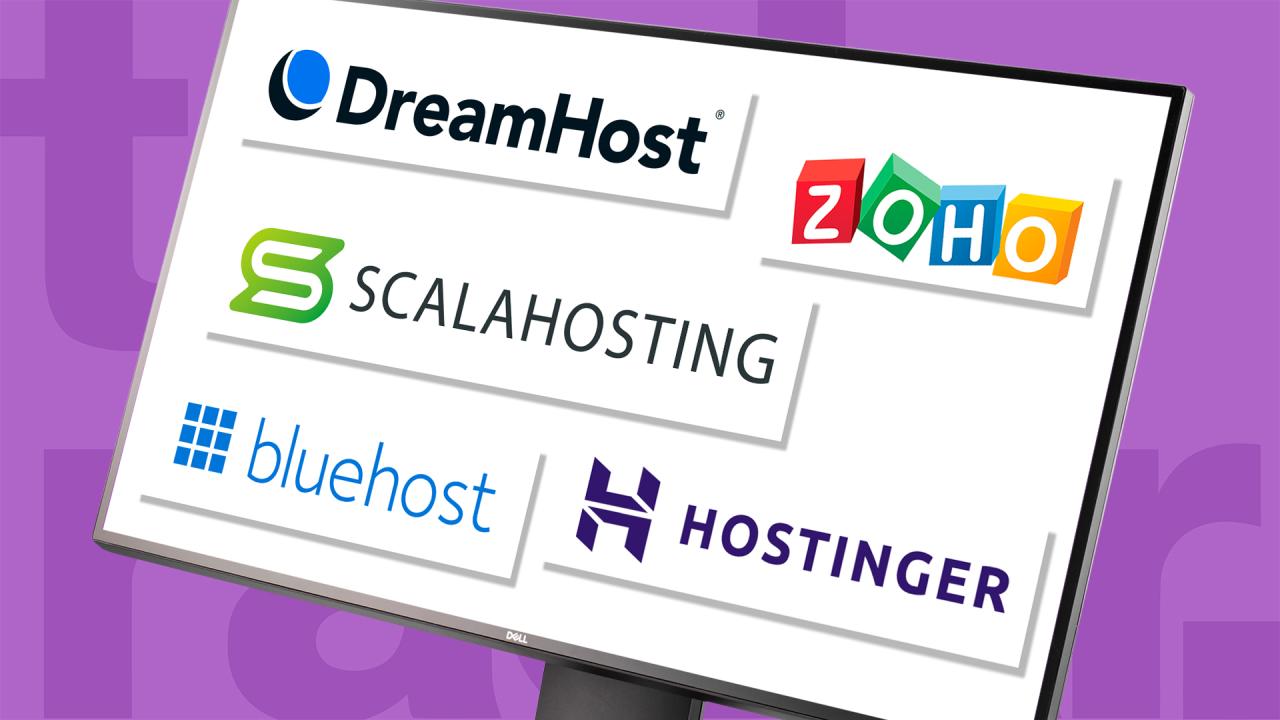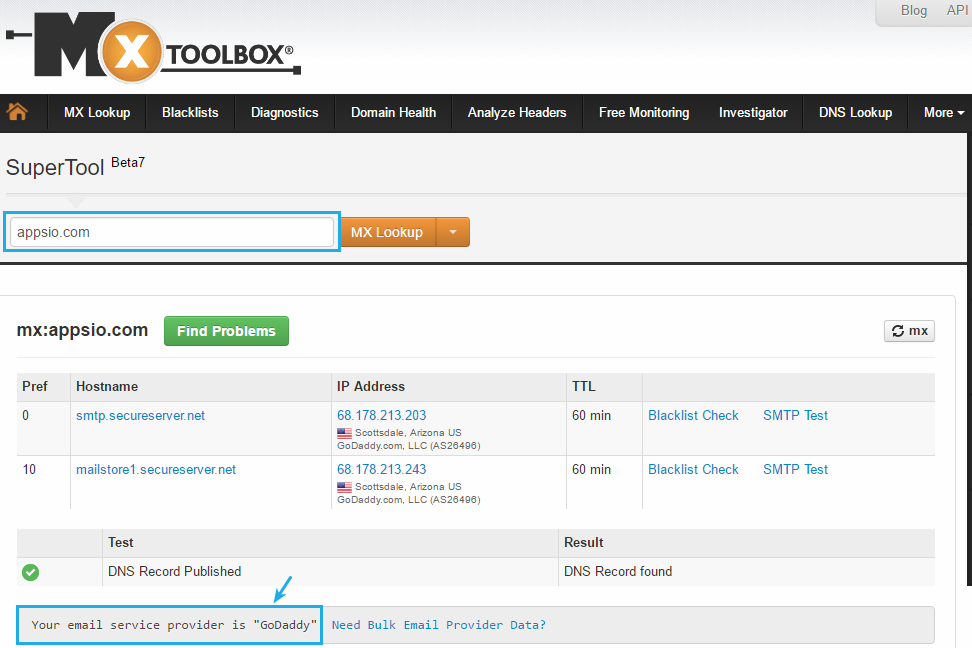Secure hosting is paramount in today’s digital landscape, where cyber threats are constantly evolving. It encompasses a comprehensive set of measures designed to safeguard your website, data, and applications from unauthorized access, malicious attacks, and data breaches.
From robust firewalls and intrusion detection systems to data encryption and regular security updates, secure hosting providers implement a multi-layered approach to ensure the integrity and confidentiality of your digital assets.
The Future of Secure Hosting
The landscape of secure hosting is constantly evolving, driven by advancements in technology and the increasing sophistication of cyber threats. Understanding the emerging trends and technologies shaping the future of secure hosting is crucial for businesses and individuals alike.
The Impact of Cloud Computing and Edge Computing, Secure hosting
Cloud computing has revolutionized the way we access and manage data, enabling greater scalability, flexibility, and cost-effectiveness. However, it also introduces new security challenges. Secure hosting practices in the cloud environment must address issues like data encryption, access control, and vulnerability management. Edge computing, which brings computing power closer to users, further complicates the security landscape. Edge devices, such as IoT sensors and smart devices, are often less secure than traditional servers, making them attractive targets for attackers. Secure hosting providers must adapt their security strategies to address the unique challenges posed by edge computing.
Secure Hosting for Different Use Cases

Secure hosting is not a one-size-fits-all solution. The specific security requirements vary depending on the industry, application, and the sensitive data being handled. This section explores how secure hosting is tailored to meet the unique needs of different use cases.
E-commerce Websites
E-commerce websites handle sensitive financial information, including credit card details and personal data. Secure hosting is crucial for protecting this information from cyberattacks and data breaches. Secure hosting for e-commerce websites typically involves:
- Data encryption: All sensitive data is encrypted both in transit and at rest, preventing unauthorized access.
- Secure payment gateways: Secure payment gateways ensure that financial transactions are processed securely and that customer data is protected.
- Regular security audits: Regular security audits identify and address vulnerabilities, ensuring ongoing protection.
- Firewall protection: Firewalls act as a barrier between the website and the internet, blocking unauthorized access.
- Intrusion detection systems: Intrusion detection systems monitor network traffic for suspicious activity and alert administrators to potential threats.
Healthcare Portals
Healthcare portals store and transmit highly sensitive patient information, including medical records, diagnoses, and treatment plans. Secure hosting for healthcare portals requires stringent security measures to comply with regulations such as HIPAA (Health Insurance Portability and Accountability Act). This includes:
- Data encryption: All patient data is encrypted to prevent unauthorized access.
- Access control: Only authorized personnel can access patient data, with strict authentication and authorization procedures in place.
- Data backup and recovery: Regular backups ensure that patient data can be restored in case of a disaster.
- Compliance with regulations: Secure hosting providers must comply with all relevant healthcare regulations, such as HIPAA.
- Secure communication channels: Communication between the portal and users is encrypted to protect sensitive information.
Financial Institutions
Financial institutions handle vast amounts of sensitive financial data, including customer accounts, transactions, and financial statements. Secure hosting for financial institutions is paramount to maintaining customer trust and protecting their assets. This typically involves:
- Data encryption: All financial data is encrypted to prevent unauthorized access.
- Multi-factor authentication: Users must provide multiple forms of authentication to access sensitive data.
- Penetration testing: Regular penetration testing simulates real-world attacks to identify vulnerabilities and improve security.
- Security monitoring: Constant monitoring of network traffic and system logs helps detect and respond to security threats.
- Compliance with regulations: Secure hosting providers must comply with relevant financial regulations, such as PCI DSS (Payment Card Industry Data Security Standard).
Case Studies
- E-commerce Website: A large online retailer implemented secure hosting to protect customer data and prevent fraud. This resulted in a significant decrease in data breaches and increased customer trust.
- Healthcare Portal: A hospital implemented secure hosting to comply with HIPAA regulations and protect patient data. This allowed them to securely store and transmit patient information while maintaining compliance.
- Financial Institution: A bank implemented secure hosting to protect customer accounts and transactions from cyberattacks. This helped them maintain customer trust and avoid financial losses.
The Value of Secure Hosting
Investing in secure hosting offers a multitude of benefits, both tangible and intangible, that contribute to a successful and sustainable online presence. Secure hosting is not just a technical necessity; it is a strategic investment that directly impacts your business’s bottom line and overall growth.
Impact on Customer Trust and Brand Reputation
Secure hosting is paramount for fostering trust and confidence among your customers. In today’s digital landscape, where data breaches and cyberattacks are prevalent, customers are increasingly discerning about the security measures implemented by businesses they interact with. Secure hosting practices demonstrate a commitment to protecting sensitive information, ensuring a safe and reliable online experience for users.
- Enhanced Data Security: Secure hosting employs advanced security measures, such as firewalls, intrusion detection systems, and data encryption, to safeguard customer data from unauthorized access and cyber threats. This demonstrably reduces the risk of data breaches, protecting both your business and your customers from potential harm.
- Improved Customer Experience: Secure hosting provides a stable and reliable online platform, minimizing downtime and ensuring smooth website performance. This positive user experience contributes to customer satisfaction and loyalty. Customers feel confident knowing their information is secure and that they can access your services without interruption.
- Brand Reputation Protection: Data breaches and security vulnerabilities can severely damage a company’s reputation. Secure hosting helps mitigate these risks by ensuring that sensitive data is protected, reducing the likelihood of negative publicity and reputational damage. Maintaining a secure online environment strengthens your brand’s trustworthiness and fosters a positive public image.
Impact on Business Continuity
Secure hosting plays a critical role in ensuring business continuity and resilience. It safeguards your online operations from potential disruptions, minimizing downtime and enabling seamless service delivery.
- Reduced Downtime: Secure hosting platforms often feature robust infrastructure, redundant systems, and disaster recovery plans, minimizing downtime in the event of technical issues or cyberattacks. This ensures that your website and services remain accessible to customers, even in the face of unforeseen challenges.
- Data Backup and Recovery: Secure hosting solutions typically include data backup and recovery features, protecting your critical data from accidental loss or malicious attacks. This ensures that you can restore your data quickly and efficiently, minimizing the impact of any data-related incidents on your business operations.
- Compliance and Legal Protection: Secure hosting practices help you comply with relevant data privacy regulations, such as GDPR and CCPA. This ensures that you are handling customer data responsibly and in accordance with legal requirements, protecting your business from potential fines and penalties.
Ending Remarks
By investing in secure hosting, you can gain peace of mind knowing your data is protected, your website is resilient, and your business is shielded from potential disruptions. The benefits extend beyond technical security, fostering trust with your customers, enhancing your brand reputation, and ultimately contributing to your long-term success.




